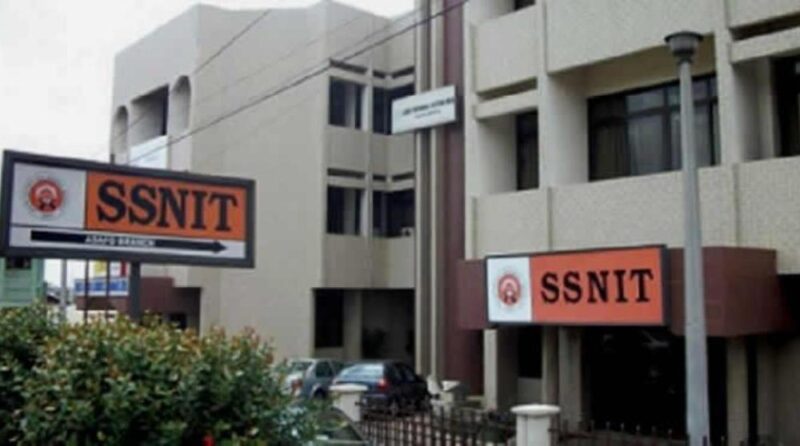The Labour Commission has reminded employers to pay the Social Security and National Insurance Trust (SSNIT) packages of their contract staff and casual workers.
Failure to honour this, the Commission stated, contravenes the labour law and the employers risked being sanctioned.
The Upper East Regional Labour Officer, and Labour Commission, Mr Abdulai Salifu, gave the reminder in Bolgatanga at a stakeholder’s forum organized by Action Aid Ghana, a Non-Governmental Organization, under its “the multi-country project” titled “Zero Violence”.
The project is being funded by the Foreign Commonwealth and Development Office of the UK Government and being implemented in partnership with Frontline Aids and Action Aid UK.
The forum, which brought together employers from the non-formal sector provided the opportunity for the Regional Directorate of the Labour Department to school the participants on the International Labour Organization Convention (CI90) on Violence and Harassment in the World of Work.
The Regional Labour Officer explained that taking the labour law into consideration, it was wrong for employers to refuse to pay the package of the SSNIT benefits of temporal and casual workers.
Mr Salifu further encouraged employees who had been engaged as contract staff, casual worker or on probation to give their SSNIT details to their employers and insist that they pay their contribution to SSNIT on regular basis.
He admonished all the employers to abide by the labour laws by treating their employees fairly, adding that it was only through that, that productivity could increase in their respective working environment.
A Senior Labour Inspector, Mr Issah Alhassan, who took the participants through the Domestic Workers Regulation 2020, said Domestic Workers such as house helps, gardeners and security among others were entitled to leave and holidays just like workers in the formal sector.
The Programmes Officer of Action Aid Ghana, Mr Yakubu Akuka, explained that the forum was to enhance the knowledge of employers on the rights of workers, so as to help promote their protection, especially women in the informal sector.
He stated that research conducted by Action Aid Ghana in 2020 with focus on young urban women globally in the informal sector revealed that about 49 per cent of such persons had been sexually abused in the world of work, 41 per cent sexually harassed more than once and 44 per cent suffered “repeated, sexual oriented behaviour such as touching, rubbing, or groping”.
Mr Akuka, assured them that plans were far advanced to target employees and educate them on their rights and responsibilities under the International Labour Organization (ILO) Convention 190 and Domestic Workers Regulation 2020.
The stakeholders commended Action Aid Ghana and the sponsors for organizing such a programme and stressed that they would implement the knowledge acquired at the forum at their respective working places to ensure industrial harmony and peace.
Source: Myjoyonline.com


